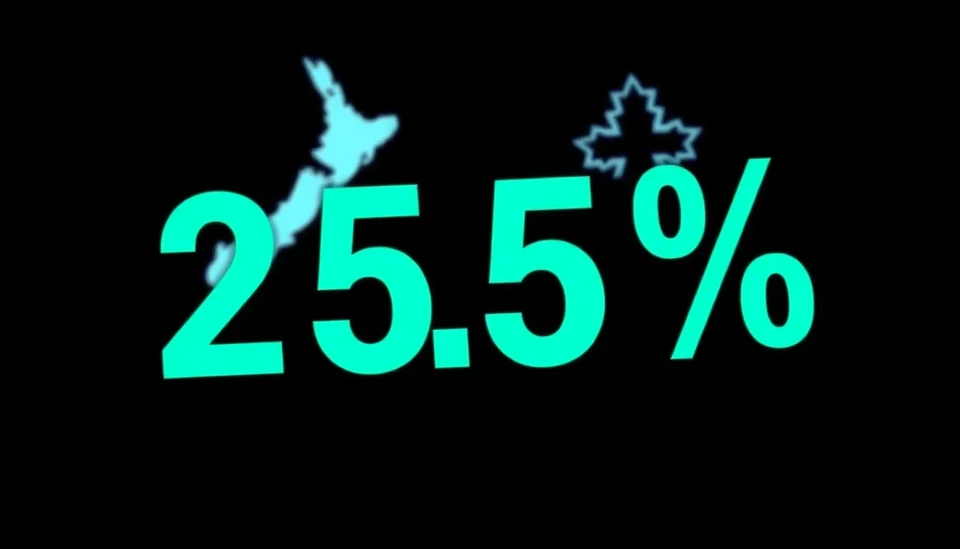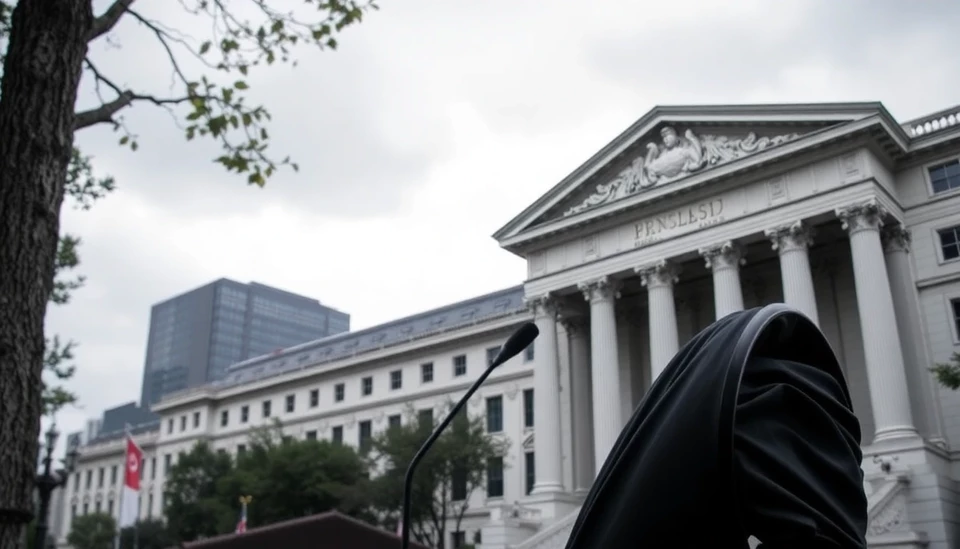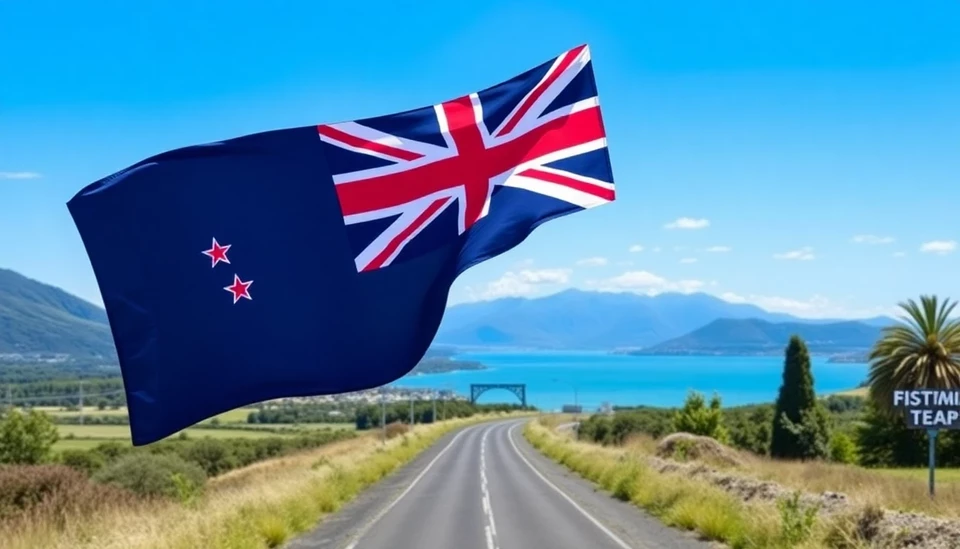
In a concerning economic trend, New Zealand’s consumer spending has continued to drop, as reported for the third quarter of 2024. This decline has taken economists and market analysts by surprise, signaling potential challenges ahead for the nation’s economy.
The latest data shows that spending fell by 1.3% compared to the previous quarter. This marks the second consecutive quarterly decline, reflecting growing concerns among consumers about financial stability and disposable income. The figures have raised alarms as many businesses, particularly in the retail sector, are grappling with the impacts of increased living costs and rising interest rates.
In particular, the purchase of durable goods such as furniture and appliances saw significant decreases. Households are tightening their belts amidst a backdrop of higher prices in everyday essentials, coupled with a sharp increase in borrowing costs due to the Reserve Bank of New Zealand's ongoing monetary policy adjustments.
The Reserve Bank has raised interest rates multiple times in the past year in an effort to combat persistent inflation, which has hovered above targeted levels for several months. As a result, many consumers now face lofty mortgage payments and overall higher expenses which have consequently curtailed their spending habits.
Economists warn that this downturn in consumer confidence could have ripple effects on the economy as businesses may start to slow investment due to decreased consumer activity. The outlook for the upcoming quarter appears grim, with analysts predicting that if consumer spending continues to decline, it could lead to broader economic stagnation.
Despite these troubling signs, some industry experts remain cautiously optimistic. They argue that the current trends may only be temporary adjustments in consumer behavior as people recalibrate their spending in the face of rising costs. Moreover, they highlight that a potential economic rebound could occur if inflation rates start to stabilize and borrowing costs grow less burdensome.
In response to the consumer spending slump, some sectors are innovating to attract customers. Retailers are adopting more aggressive marketing strategies, promotions, and loyalty programs, aiming to recapture consumer interest and spending. However, whether these measures yield success amid challenging economic conditions remains to be seen.
The ongoing situation calls for close monitoring as New Zealand navigates through these economic headwinds. Policy makers and financial authorities will have to consider further measures to stimulate consumer confidence and spending to ensure that the economy does not slip into a protracted downturn.
As the nation awaits further insights on economic health, all eyes will be on the upcoming reports and the Reserve Bank's next moves. Stakeholders are hoping for a turnaround as New Zealand grapples with the shifting economic landscape.
As the situation develops, the impacts on both consumers and businesses will be significant, and the economic landscape will potentially shift in response to ongoing challenges.
#NewZealand #ConsumerSpending #Economy #Retail #Inflation #InterestRates #EconomicTrends #FinancialNews
Author: Daniel Foster




